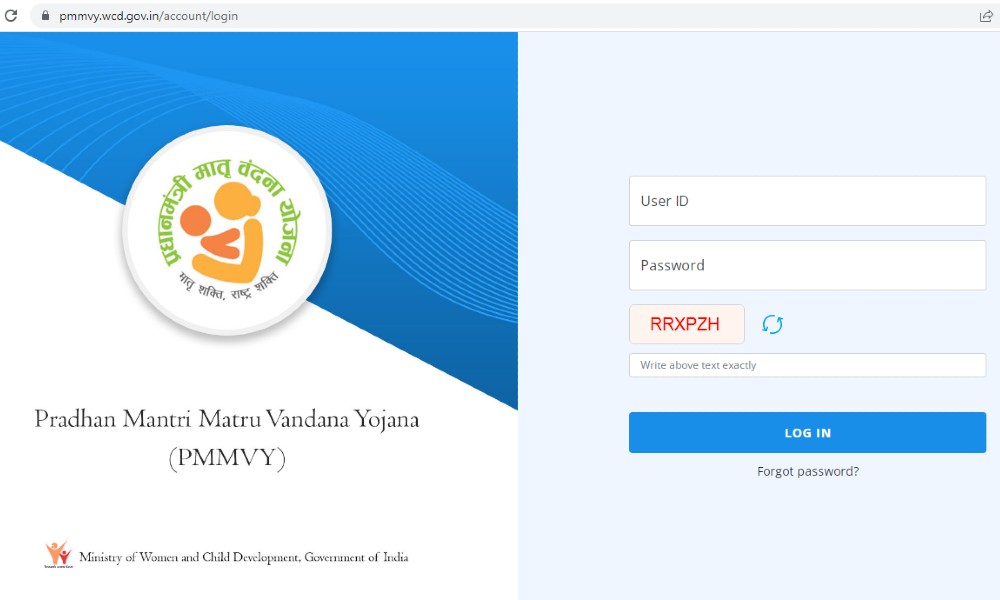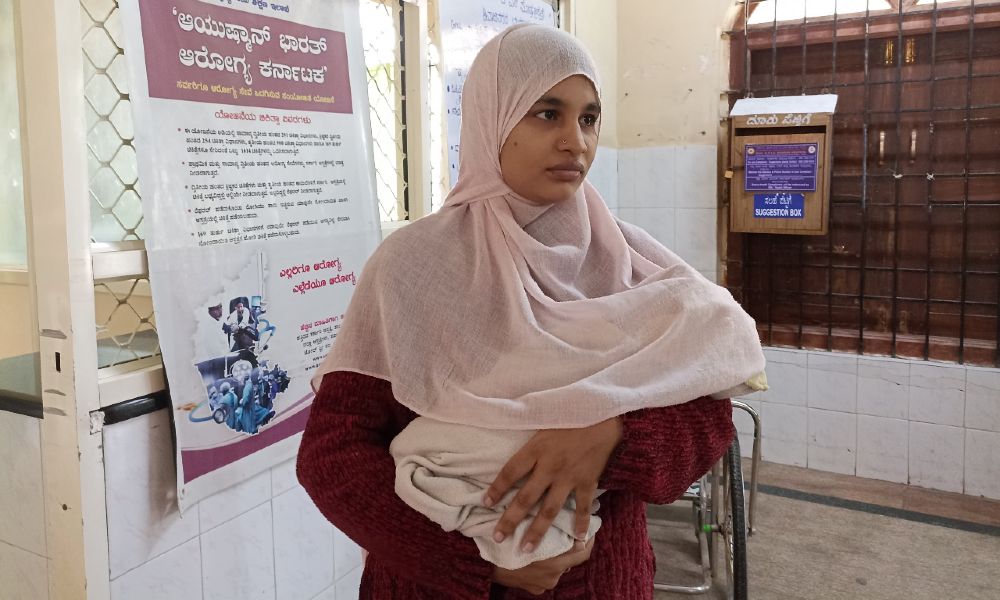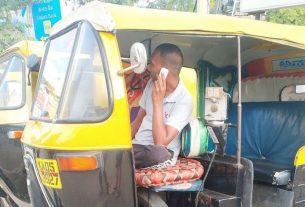Many pregnant and lactating mothers do not benefit from maternity benefits provided by the centrally sponsored scheme due to low awareness and inadequate funds.
Many women from Below the Poverty Line (BPL) families in Bangalore are not benefiting from the Pradhan Mantri Matru Vandana Yojana (PMMVY) due to insufficient funds and low awareness. This central government scheme for pregnant women and lactating mothers, provides Rs 5,000 in cash through the Direct Benefit Transfer (DBT) system for the first child. For this year, 9,409 women from Bangalore urban and 2,402 women from Bangalore rural have registered for the scheme out of a total of 1.3 lakh beneficiaries in Karnataka, the officials said.
The government has also introduced a PMMVY Portal and mobile app on October 27 to make it easier to implement the scheme. The challenge, though, is that very few BPL women have access to online resources. The government is also planning to provide training programs for anganwadi workers to increase awareness of the scheme.
Kalavati, a five-month-pregnant woman at Ghosha Hospital, said, “I got my Thayi card from the anganwadi center, and it’s been three months since I registered. However, no one at the centre informed me about this scheme. We have very little money for purchasing medicines; this financial support could be a lifeline for buying the necessary medications.”
Women also said that although they registered for the scheme, many of them have not received the promised amount. Puja, who visited KC General Hospital for a postnatal check-up with her 13-day-old daughter, said, “My first daughter just turned three years old, and I still haven’t received the amount. I tried reaching out to the anganwadi workers multiple times, but they did not respond, which is why I didn’t register for the scheme during this pregnancy.”
Several Accredited Social Health Activist (ASHA) and anganwadi workers are also unfamiliar with the scheme, which limits the opportunity for BPL women to learn about it. Nagina, an anganwadi worker at an Urban Primary Health Care (UPHC) in Tasker Town, mentioned that she only learned about the scheme when patients came to get their Thayi cards. An ASHA worker at a UPHC in Subedarpalya stated that she was unaware of the government’s scheme for pregnant women.

According to a research paper by Diana Erudiyanathan, published in February 2023, on the impact of PMMVY in Bangalore, DBT has benefitted many pregnant and lactating mothers. The Maternity Benefit (Amendment) Act 2017 primarily covers working women in organized sectors, but a significant portion of the female population in India works in unorganized sectors. To address this, the Government of India introduced the PMMVY, a conditional cash transfer scheme in January 2017.
However, some remain unaware of the scheme. The research paper stated that the government should use local gram panchayat offices and anganwadi centers to raise awareness and help more people benefit. The scheme is a 60 per cent central and 40 per cent state budget sharing.
Pushpa M, Deputy Director of the Department of Women and Child Development, said that she discussed the need for separate funds for the PMMVY scheme during her visit to Delhi last year. The government launched demo PMMVY software in April 2023 for improved transparency and accuracy. “It was re-launched all over India in Mumbai on October 27 after undergoing several changes, including accurate mapping of anganwadi centers, to make it more citizen-friendly,” she said.

Mahadev, the state program coordinator, said “From 2017-18 to 2022-23, we conducted rural activities funded by the government. We allocated funds to districts for pamphlets, wall paintings, and Matru Vandana Saptah. Karnataka ranks second in PMMVY beneficiaries.”
However, challenges exist in disseminating information effectively. Mahadev said, “There’s a shortage of anganwadi centers in Bangalore. Ideally, there should be one center for every 800-1000 people, but even with a population of over 13 crore, only 2420 centers currently exist.” This shortage contributes to low awareness. Bangalore’s high migration rate also affects awareness.
He added, “This year, we lack sufficient budget due to PMMVY being integrated into Mission Shakti. We’ve requested the Ministry for a separate budget and, once it is approved, we will create more awareness.”
Experts say that the government must collaborate closely with healthcare providers and other stakeholders for the scheme to reach more women facing social and economic barriers in accessing healthcare and essential services. Public policy professor, Mr Nitin Sharma said, “To improve the effectiveness of the PMMVY scheme, the government should simplify the eligibility conditions and reduce administrative hurdles.”
He added, “Instead of being seen as a reward for seeking healthcare, cash transfers should be seen as compensation for lost wages. By reversing the payout structure in three installments, and enhancing coordination among stakeholders, more women can benefit from the scheme. The three installments currently provide for 20, 40 and 40 per cent respectively.”



